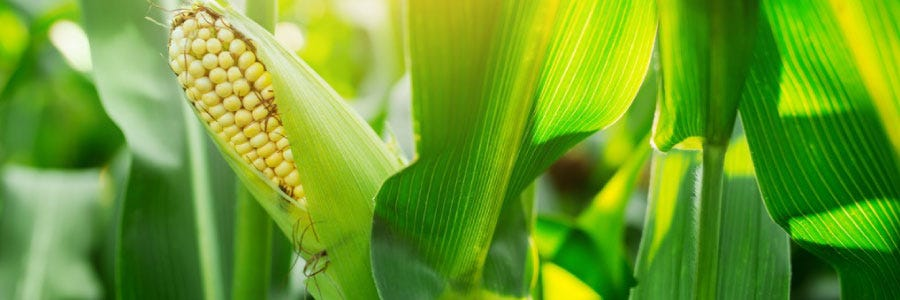Growing a garden for many is a chance to be creative while doing something they love. Whether you plant vegetable seeds or flower seeds with your garden accessories there is certainly no shortage to the varieties available from nurseries, garden centers and free seed catalogs all over the country.
The type of garden you grow from vegetable to flower seeds will often depend on the space, time and needs you have as a gardener. Equipped with the right garden accessories you might consider growing corn if space allows. The following tips can help with your corn gardening and include; corn likes hot or warm frost free weather needing full sun and windbreaks (if strong winds are a problem); when corn is pollinating remember to water at ground level so not to disturb process; need rich soil with manure and compost; if planting different varieties plant at least one hundred feet apart or corn will cross pollinate; if the season is dry be sure to water with your garden accessories regularly especially when kernels are forming; fertilize with liquid plant food twice during season, soaking soil around plant when plant is eight inches high and again when approximately twenty inches.
Your corn should be ready to harvest approximately twelve to fourteen weeks after planting. Try pinching kernels between fingers and if a milky juice spurts out you know it’s time to harvest.

Vegetable gardening may seem like a very simple thing. You make some rows and throw in some seeds. You plant things like corn and peas and carrots. An avid gardener will tell you that it is not nearly as simple as that. Veggie gardening for a passionate enthusiast means careful selection of each seed he will plant and understanding why he has made that choice. Corn is not just corn. There is sweet corn in hundreds of varieties and feed corn as well. Some varieties will produce hardier plants that you may require for difficult locations. Understanding the difference between each seed variety helps to produce a bountiful garden and great satisfaction for a job well done.
If you are new to gardening vegetables, you will find that seed companies can be very helpful in providing you with the information you need to make your selections. Most seeds are package with detailed growing instructions and hints on sun and soil conditions. Soil conditions and moisture levels can make a great difference to the yield of a vegetable plant. Following the suggestions will help to improve your yield. Some gardeners take this one step farther and enjoy competing to produce the biggest or heaviest vegetables. Or the plant that will produce the highest yield. This can be an amazing competition when pumpkins are involved.






